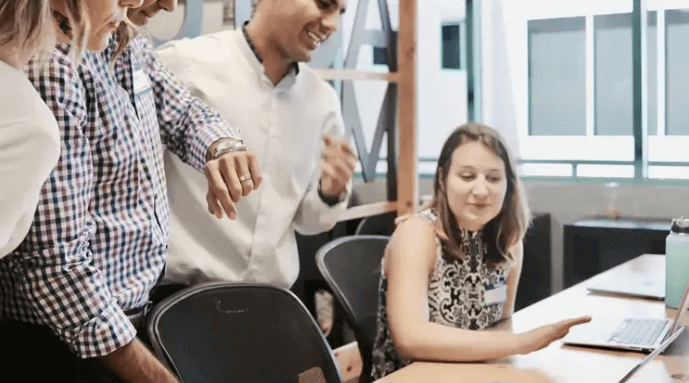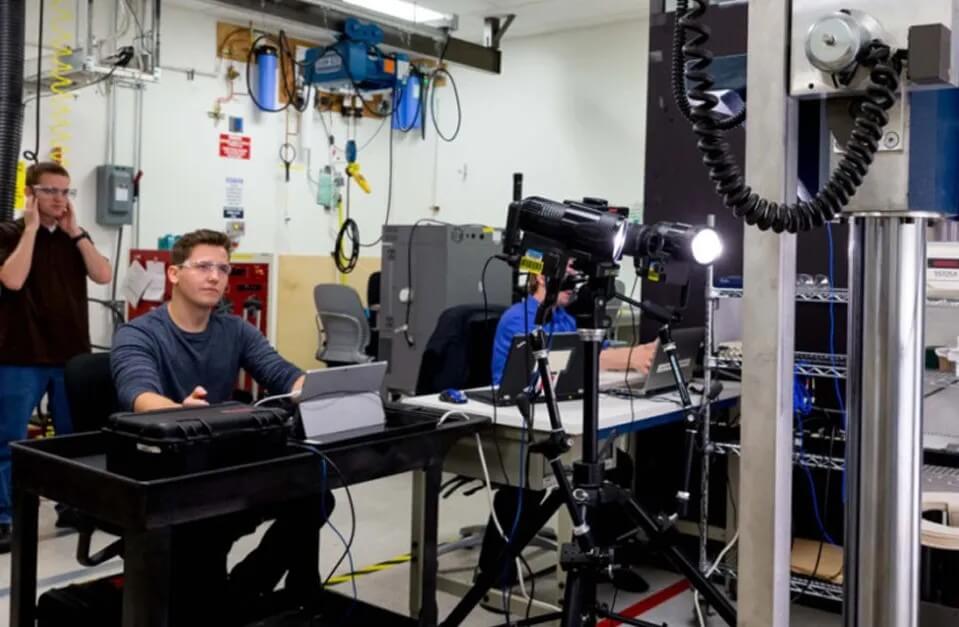Job hunting is a very normal activity in the workplace, yet few people analyze their own performance and behavior during this process. In this article, the author reflects on his job change experience, including some of the more difficult points encountered while searching for a job, hoping to help others. Having recently changed jobs, he revisits his past experiences and considers why it's important to write this article to document the journey.
Firstly, for myself, the content of this reflection outlines points I need to pay attention to in my future life. I hope that in 2-3 years, I can face society with greater composure. Secondly, some of the issues I encountered may also be experienced by others, and I hope that those reading this article can share how they perceive and address these problems.

This reflection mainly focuses on various points of discomfort discovered throughout the job search process, thus it may appear fragmented.
1. Why did I receive no responses after sending out many resumes?
Reason: Initially, I didn't have a good understanding of my positioning and the market demand. In the first three weeks of my job search, I applied to any company that interested me without realizing the differences between campus recruitment and social recruitment. Campus recruitment looks at your potential; even if you lack experience, companies are willing to give you a chance. Social recruitment, on the other hand, focuses on your experience and expects you to hit the ground running.
Solution:
Seek Outside Perspectives: Talk to friends and colleagues. I directly asked them where my strengths lie and how to apply. A friend advised me to apply to companies where I had a 60% advantage and 40% interest, as this would increase my chances of securing interviews while allowing me to gradually pursue my preferred career path.
Consistent Preparation: Some friends have an interesting habit of regularly applying for jobs and interviewing, even when not actively looking for a new position. This helps them understand themselves and the market, thus adjusting their work rhythm and approach.
Adjusting Resumes Through Interviews: I record my interviews to analyze areas for improvement.
Continuously Enhance My Strengths: Based on my past experiences, I've often discarded my strengths and started anew. However, I realized this approach hindered my growth in the workplace. Therefore, I now focus on identifying and enhancing my strengths while gradually expanding my other skills.
2. Why did the cessation of income when I stopped working cause anxiety?
Reason: My sole source of income was my job, and my salary couldn't generate assets (i.e., things that provide ongoing income). Thus, once I stopped working, my cash flow ceased.
Solution:
Self-Media as a Good Option: I started a routine of publishing an article weekly. Although I haven't monetized it yet, writing has allowed me to meet some interesting people, for which I am grateful. It has also helped clarify my future development direction, and I appreciate that.
Side Projects: Although I haven't engaged in any specific side projects, participating in various competitions seems like a worthwhile option for me.
3. What points of improvement in work did I discover through interviews and job searching?
How to View a Product: Consider from the perspectives of strategy, tactics, and execution.
Feedback from Development Teams: Different companies have varying levels of detail in their product PRD documents. Currently, we have a healthy discussion atmosphere between development and product teams, rather than having the product team dictate tasks for immediate execution. Improvements can be made by considering broader aspects, such as error code design and UI effects, which may not be problematic at first but could lead to major issues as time passes and product features accumulate.
Process as a Factor in Product Consideration:
Company Processes: Companies factor in management costs when calculating profits, which vary from one organization to another. Products must be viewed through the lens of profitability; thus, understanding company processes and issues within those processes is essential.
Personal Work Processes: It's crucial to refine the SOPs for work. Since the company began setting KPIs based on time, I've noticed significant variations in efficiency among different employees.
Beyond Work Responsibilities:
No Limits: This is something my boss consistently emphasizes and has greatly influenced me. Initially, I thought it was enough to just complete my assigned tasks, but I gradually realized that those who experience rapid growth in their careers do not impose limits on themselves. Regardless of whether a question falls within their responsibilities, they offer assistance and insights.
Process Optimization Suggestions: In addition to completing assigned tasks, one may identify inefficiencies in the workflow. It is essential to communicate issues to your boss to enhance overall team efficiency.
4. With numerous new tasks arising outside of work, how can I improve my efficiency and balance them?
Background: In the pursuit of a job, I had to utilize my available time to continuously improve myself without impacting my previous job. This led to the realization that many adjustments were necessary.
Solution:
Change in Mindset: I used to spend my evenings and weekends playing, feeling exhausted. However, in preparation for job hunting, I gradually began studying and reflecting in the evenings and dedicating a day each weekend to self-improvement. Interestingly, I didn't feel tired; instead, I felt joy in realizing how much I had accomplished during my reflections.
Increase Physical Activity: Exercising first when I get home, followed by a shower and then self-improvement, has indeed provided my mind with more rest.
Utilize Planning Tools: For instance, I now set daily tasks for myself. Although I only complete about 60% of my plans, I find that I've accomplished significantly more than before, indicating a shift from a passive to a proactive approach.
5. Summary
I must admit that job searching and starting a new position have brought me considerable anxiety and worry. However, I am grateful for my willingness to break out of my comfort zone and continue progressing. I also hope to experience a broader world within my limited lifespan.
Many people say that work and life should be separate. Yet for most people, work occupies 60% or more of their lives. So why separate them?
I can only say that I accept each person's choice to design their life journey, but I cannot comprehend it.
—From my perspective, I hope work can bring me more friends, allow me to see their lives, and hear their unique understandings of the world. I want to experience technologies that interest me. Work can deepen my awareness of how technology impacts products and the world. Being involved in technological development is an exciting opportunity. Moreover, it allows me to step out and experience a wider world, as I'm generally reluctant to travel, but work enables me to visit other cities and meet different people, which is indeed a valuable experience.
In conclusion, I hope that both I and everyone else can move toward the future we desire in our remaining lives, and if fortunate enough to participate in building that future, it would indeed be a fascinating endeavor.






